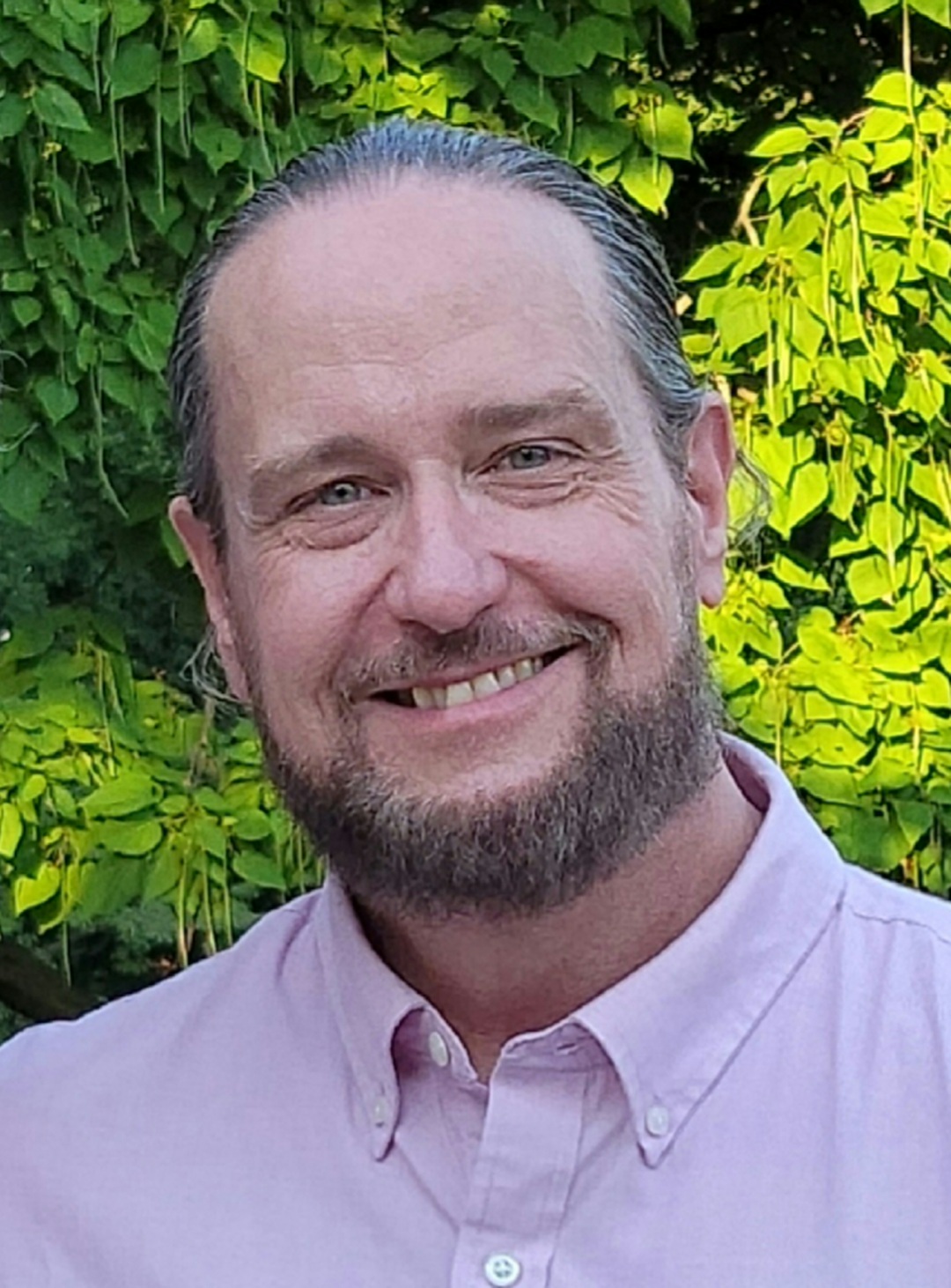Get to Know Counseling and Psychological Services (CAPS) and its New Director
For new CAPS Director Scott Sokoloski, PhD, the center’s mental support services go hand-in-hand with the Jesuit principle of cura personalis, or care for the whole person.


Scott Sokoloski, PhD, joined Saint Joseph’s University this semester as the new director of Counseling and Psychological Services (CAPS). Having previously worked in Drexel University’s Counseling Center for nearly a decade, the licensed psychologist is eager to learn more about the SJU community and how he can better meet their needs.
“The University has grown a lot this year, so I want to learn more about our students so we can evolve as a program and engage in campus-wide support efforts,” he says.
Sokoloski sat down with SJU News to talk about common mental health misconceptions, who can benefit from CAPS’ services, and how balance is key to starting the year off right.
What is CAPS?
We’re the primary mental health support for students in the St. Joe's community. Supporting mental health and well-being is a community effort, but it is important for students, faculty and staff to know where they can turn to help manage ongoing stressors, unexpected crises or chronic concerns.
What types of services does CAPS provide?
I think most of the time when people think about CAPS, they think about individual therapy. And we do offer opportunities to meet with individual therapists in a goal-focused model, which means we work with students to help identify specific issues that they want to be able to address and provide the support to achieve their goals.
But individual therapy is not all that we do. We also offer group therapy so that students can work collaboratively to help better understand themselves and others. Some of those groups have a specific focus: it could be managing a chaotic family background; addressing transitioning to college; but other times I think they can be more psychoeducational, kind of like a workshop.
We can also help connect students with an off-campus resource if they're looking for something a little bit more focused and specialized than what we can offer.
Do you work with the broader SJU community, too?
While we don’t offer support services to faculty and staff (there is an employee assistance program through HR), we do a lot of outreach to the St. Joe's community. We can come to classrooms, student organizations, faculty departments, wherever it may be to provide training. It can be a focused topic like stress management, or sometimes it can just be about CAPS services.
We also consult with faculty members, staff members, parents and anybody who may have any concern about another member of the community, too.
Who are the counselors and what are their backgrounds?
On both campuses, we have a staff of licensed psychologists, therapists, social workers and a part-time psychiatrist. We all come from a variety of theoretical and educational backgrounds, but we're all considered generalists, which means you can expect to receive the same kind of support from anybody on staff, regardless of what you may be presenting with.
We approach our work from a culturally aware and humble perspective — recognizing the importance of creating an environment that accepts diversity and is inclusive. We engage in ongoing training to address our own limitations, and challenge systemic issues that are going on, on campus or in the country, that can affect our community in some way.
Who should take advantage of CAPS?
I firmly believe everybody can benefit from therapy at some point. We work with freshmen who are adjusting to college and being away from home for the first time, seniors who are getting close to graduating and moving on to another chapter in their lives, graduate students and international students.
We support individuals with relationship concerns; and those who are experiencing situational or ongoing chronic mental health concerns, such as anxiety, depression or eating concerns.
We also sometimes work with people for personal growth. It's not always just about illness or when there's a crisis; we can work with people who just want to know more about themselves and want to be able to continue to grow as a person.
It's not always just about illness or when there's a crisis; we can work with people who just want to know more about themselves and want to be able to continue to grow as a person.
Scott Sokoloski, PhD
Director of CAPSWhat's a common misconception about mental health support services?
One of the common ones is you have to be “broken” in some way to seek therapy and that there's something wrong with you if you do. I use this metaphor a lot: If you want to hang up a picture, you can use your hand to pound in a nail into the wall, or you can use a hammer, which allows you to achieve the same results but in a more efficient, probably less painful way. Therapy is a tool in your toolbox, and I don't think that it requires being broken to be able to use those services.
Therapy is a tool in your toolbox, and I don't think that it requires being broken to be able to use those services.
Scott Sokoloski, PhD
Director of CAPSI also recognize that we may work with individuals from cultures other than our own, and therapy, mental health or wellness may not be something that's really discussed. So, we have to be aware of that and take it in context.
What would you say to someone who is apprehensive about seeking support?
It's very normal to be apprehensive. The idea of talking with somebody you don't know about deeply personal issues can be intimidating and uncomfortable. If you've never spoken to a therapist before, it's brand new. And it's natural to have anxiety about the unknown. But I think one of the major advantages of seeking support is you don't have to shoulder the burden alone. In therapy, you'll be able to focus on yourself without having to pay attention to the emotional needs of another person.
Tips for starting the year off right?
Balance is the key. At the start of the academic year, there's a lot to be excited or nervous about. Being a student means going to classes, keeping up with homework, reading books, spending time in labs. But on top of that, you're also trying to maintain or make new social connections, explore your identity, find time to eat healthy, exercise, make sure you're getting enough sleep — it's a lot to have to try to balance!

So part of that balance is engaging in self care, whatever that may mean for somebody. Self care can be spending time with friends, it could be doing mindfulness or meditation or yoga, it could be getting outside and just sitting in the grass somewhere and absorbing the feeling of being outdoors.
It can feel impossible to do everything, which is why I use the word balance. Your needs are going to fluctuate, and balance is not about everything being equal. Balance is about paying attention to what you have going on, keeping self care in mind while some of your responsibilities may have to take priority over others.
What should a student do if they’re having a mental health emergency?
Daytime Hours: If you are experiencing an emergency (e.g., suicidal thoughts, assault, intense anxiety), you can call of visit CAPS on either campus.
- Hawk Hill: 610-660-1090, A504 Merion Gardens (daily drop-in hours are from 11 a.m. to 12:30 p.m. in LaFarge, and 3 to 4 p.m. in Merion Gardens)
- University City: 215-596-8536, Whitecar Hall, suite 1200 (drop-in hours coming soon)
After hours: Call your campus’s main line and select option number two.That will connect you with an on-call counselor who's available after business hours, weekends and holidays.
Learn more about Saint Joseph’s Counseling and Psychological Services. Have a tip for how CAPS can better meet the needs of the SJU community? Contact Scott Sokoloski, PhD, at ssokoloski@sju.edu.



